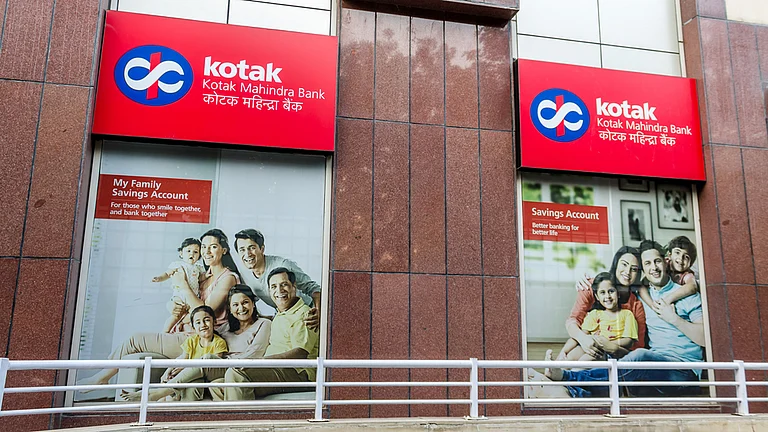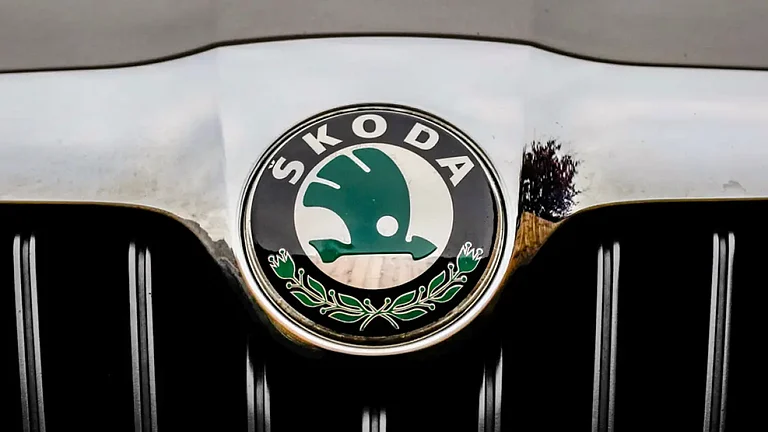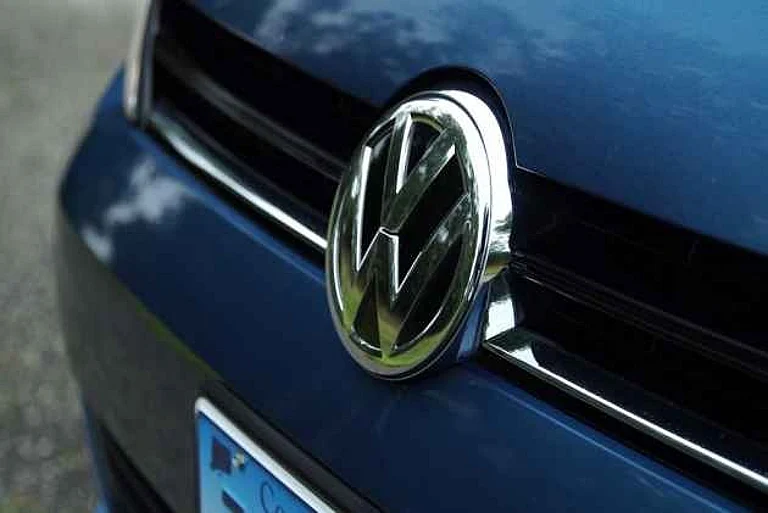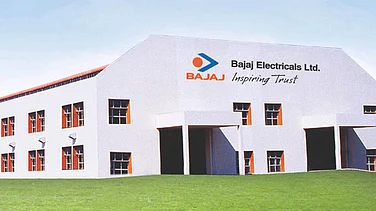
Volkswagen is rethinking its India strategy just six months after approving over $1 billion for a new EV platform.
New report claims that the planned investment has been cut to around $700 million.
The company is now seeking an Indian partner to share development costs and risks.
Just six months after approving over $1 billion in investment for its Indian subsidiary, German auto giant Volkswagen seems to be rethinking its strategy. The investment, reportedly meant for developing a new electric vehicle platform, has been reduced, and the company is now looking to scout a local partner to share costs and risks.
The initial $1 billion investment plan for Skoda Auto Volkswagen India Private Limited (SAVWIPL) was reported by the Economic Times (ET) in June this year. However, a Bloomberg report now claims that the amount has been reduced to about $700 million.
The news agency says the German parent of Volkswagen is unwilling to invest billions in a market where it holds only about a 2% share.
The company sells the Skoda and Volkswagen brands in the country, along with its ultra-luxury portfolio, including Lamborghini, Audi and Porsche.
However, in its more than two decades in India, it has not been able to present substantial competition to domestic giants such as Maruti Suzuki, Mahindra & Mahindra and Tata Motors.
In October, the company sold 4,048 units, its highest in six months. Even so, it ranked seventh in market share, behind Maruti Suzuki, M&M, Tata Motors, Hyundai Motor, Toyota and Kia.
Key Challenges in India
The company has also been hit with a $1.4 billion tax evasion case involving the alleged misclassification of imports.
Last year, tax authorities claimed Skoda Auto Volkswagen India imported “almost the entire” car in unassembled form but misclassified the shipments as “individual parts” rather than Completely Knocked Down (CKD) kits.
The duty on CKD kits is 30–35%, while parts attract only 5–15%, meaning the alleged misclassification significantly reduced its import tax burden.
The case covers several premium models, Audi A4/Q5, Skoda Superb/Kodiaq, VW Tiguan and others.
In February this year, Volkswagen sued the authorities to quash an “impossibly enormous” tax demand, arguing that the claim contradicts New Delhi’s import taxation rules for car parts and will hamper its business plans.
While the case is ongoing, Reuters reported in September that the company is restructuring to become “a leaner organisation”.
Skoda Auto reportedly hired external experts to conduct a thorough review of its systems and processes and recommend improvements.
Hunt for a Local Partner
Volkswagen has also begun talks with Indian automakers. According to Bloomberg, Skoda Auto Volkswagen India is negotiating with multiple potential partners, including an Indian contract manufacturer. The company reportedly approached JSW Group, which is the local partner of China’s SAIC Motor–owned MG Motor.
This comes after its long negotiations with Mahindra & Mahindra fell through last year. The agency now claims that securing further internal funding would require a local partner.


































